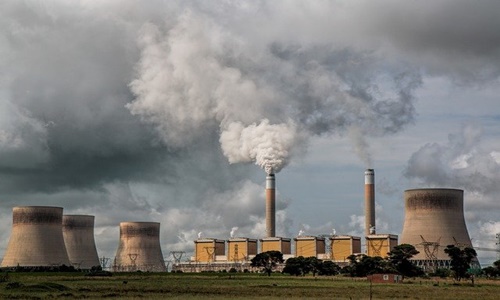
DRAX, the UK’s biggest power station, which has secured billions of pounds in clean energy subsidies from British taxpayers, has reportedly been accused of stripping environmentally important forests, as per a BBC Panorama investigation.
The power facility uses burning millions of tons of imported wood pellets, considered renewable energy. Sources have found that some of the timber comes from Canadian primary forests.
According to the company, it solely uses discarded wood and sawdust.
Panorama utilized satellite pictures, logging licenses, and drone footage to back up its claims. Additionally, reporter Joe Crowley followed the vehicle and confirmed that a Drax truck was removing full logs from a protected woodland.
Ecologist Michelle Connolly stated that the corporation was destroying woods that had grown over thousands of years.
DRAX's Yorkshire-based power station is a converted coal facility that now generates 12% of Britain's renewable energy.
Green energy subsidies worth £6 billion have been awarded to it. Although burning wood is seen as environmentally friendly, it is disputed among environmentalists.
Panorama revealed Drax purchased logging permits for two British Columbian forest areas that are crucial to the environment.
One of them is a square-mile forest with sizable regions that have been classified as rare, old-growth forests.
The British Columbian provincial government claims that old-growth forests are especially significant and that businesses should avoid chopping them off.
According to Drax's own ethical sourcing strategy, the primary and old-growth forests will not be damaged or disrupted.
The firm claimed that since many of the trees had already dead, logging would lessen the possibility of wildfires.
The land covered by the second Drax logging permit has already been cleared.
The discoveries come at a pivotal moment for Drax. Later this year, the UK government is expected to release a new biomass strategy that will outline its stance on natural fuels like wood.
According to the company, it applies strict sustainability requirements to the production of its own pellets as well as those of its suppliers, with validation from outside certification programs.
Source credit: https://www.bbc.com/news/science-environment-63089348








